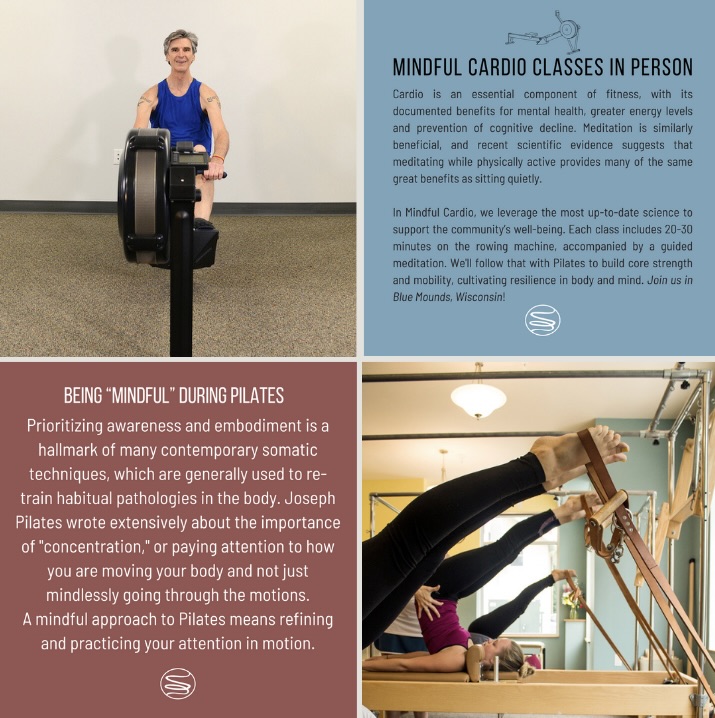How do You Get to Carnegie Hall?
The origin of the joke will probably always remain a
mystery, but the best explanation we’ve heard comes from the wife of violinist
Mischa Elman. One day, after a rehearsal that hadn’t pleased Elman, the couple
was leaving Carnegie Hall by the backstage entrance when they were approached
by two tourists looking for the hall’s entrance. Seeing his violin case, they
asked, “How do you get to Carnegie Hall?” Without looking up and continuing on
his way, Elman simply replied, “Practice.”
I think many of us have been moved and inspired by a musical performance. Virtually without exception, the musicians we’ve enjoyed listening to have invested many hours practicing their craft. While the musicians also spent innumerable hours rehearsing and taking lessons, their practice hours were the foundation of their mastery.
The practice of yoga is much the same, though I have noticed that this commitment to practice has been fading over the past decade or so. While I received some flak for pointing this out in a Facebook posting a few months ago, I think the situation has become sufficiently urgent to warrant revisiting this increasingly contentious subject.
In the West, we’ve enthusiastically embraced the elements of yoga philosophy suggesting that we’re already fully realized. Yoga is a non-dual philosophical system, which suggests that we are already everything we’re seeking. But simply showing up isn't sufficient cause for attaining Yoga. Far from it.
A personal yoga practice creates an environment where you can directly recognize your true nature. By practicing yoga day after day, year after year, this recognition becomes more commonplace.
What is a yoga practice? In the West we associate yoga with postures and breathing, which certainly can be a nourishing element of your practice. Yet there’s more to yoga than postures and breathing. Seated meditation has historically been an essential element of yoga practice, as has reading and reflecting on inspirational texts. On some days, yoga practice may be active and sweaty, while on other days practice may be more quiet and contemplative.
Yes, we’re already luminous, oneness, or whatever you prefer to call it. But we have huge gaps in really living the recognition of this non-dual state. Just as it takes vast hours to gain mastery in music, it takes vast hours of practice to more fully recognize your true nature.
There are some amazingly talented musicians in our midst. I think many of us have seen the YouTube videos of a 4-year-old concert pianist, or the 12-year-old violinist performing in front of thousands. Their talent is a profound gift but I have yet to hear of a musical prodigy who does not back this talent up with vast hours of practice. The talent provides the foundation, and it’s their practice that builds the fullness of the experience.
The same holds true in yoga. Talent may open the door, though it’s the commitment to a personal practice that guides the practitioner through the door. Positive thinking, affirmations, and wishful thinking rarely yield an inspiring musician, and similarly, rarely contribute to the yogi or yogini directly realizing their true nature.
You get to Carnegie Hall through practice, and the fruits of yoga are also realized through practice. To suggest otherwise is to lower the bar on what’s possible.




Comments